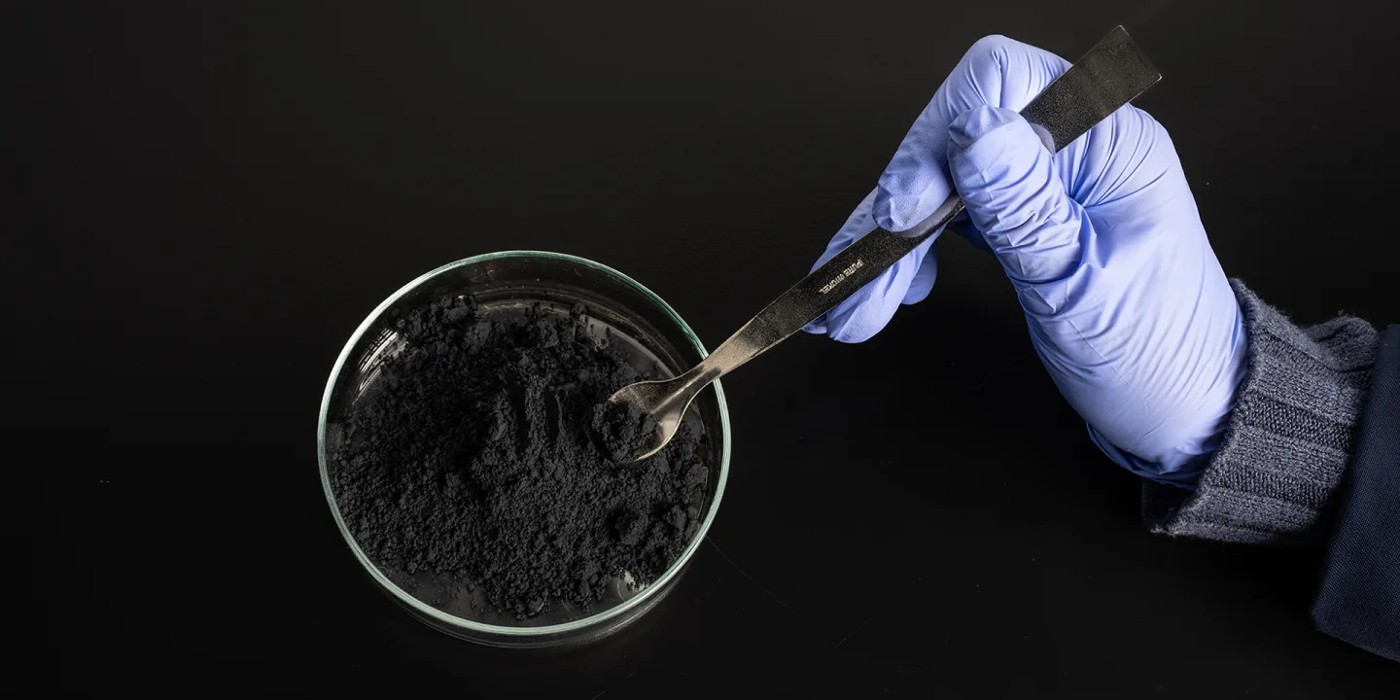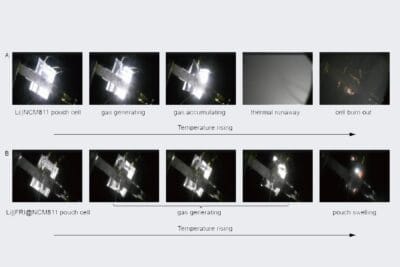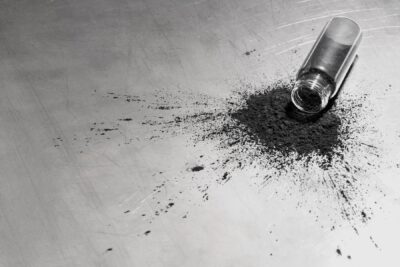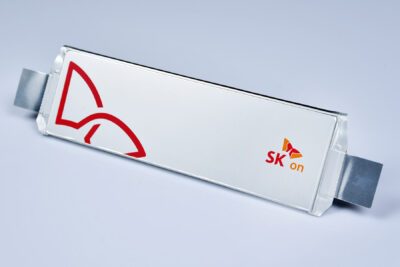Panasonic orders silicone anodes from Nexeon
Panasonic has signed an off-take agreement with Nexeon, a UK-based developer and manufacturer of silicon-based anode materials for lithium-ion batteries. Panasonic has also already decided in which plant it will use the anodes.
With the purchase of the anode material from Nexeon, Panasonic says it wants to increase the performance of electric car batteries. It will be used in lithium-ion batteries, which Panasonic will produce in its new plant in De Soto in the US state of Kansas from 2025. The two companies do not provide concrete details on the purchase quantity or duration of the agreement. It is not clear which customers Panasonic plans to supply from the new plant in Kansas – but Tesla remains an important battery partner of the Japanese company.
To achieve a higher energy density of battery cells, not only the capacity of the cathodes but also that of the anodes must be improved. Silicon materials are considered the key, as their theoretical capacity is about ten times that of graphite, which is currently commonly used as anode material. However, increasing the proportion of silicon in relation to graphite is not without problems, as the material expands during charging and contracts again during discharging – which can lead to damage to the cell and a drop in battery capacity.
This is where Nexeon’s technology is said to offer an improvement: “Panasonic Energy will be among the first in the industry to use Nexeon’s new high–capacity silicon capable of containing expansion under charging to boost battery performance,” Panasonic wrote in its announcement. The “proprietary structure” prevents expansion during battery charging – and is said to increase the capacity of the anode “while maintaining excellent cycling characteristics”.
Nexeon assumes up to 50 per cent more energy density
As Panasonic has developed “technologies to use silicon-based materials”, the companies want to further increase the silicon content in the anode materials. Panasonic’s declared goal is to increase volumetric energy density by five per cent by 2025 and 25 per cent by 2030.
Nexeon itself is more optimistic: in their announcement, the British company says their material has the potential to “catapult the energy density of lithium-ion cells by up to 50%”. The company adds that it is a “drop-in” material that can be used in production like current materials and thus does not require critical changes to the cell manufacturing process or significant capital investment.
“The partnership with Panasonic is a testament to the progress we have made with our battery material technology,” said Scott Brown, CEO of Nexeon. “Our Silicon Anode material will bring dramatically improved vehicle range and charging speeds for EVs, helping to address drivers’ concerns and accelerate the transition to cleaner forms of mobility.”
A Panasonic representative made a very similar point in the British announcement: “This collaboration will help us drive growth of the lithium-ion battery industry and accelerate the world towards a net-zero emissions future,” said Shoichiro Watanabe, executive vice president of Panasonic Energy. “By integrating Nexeon’s groundbreaking battery material with our advanced cell manufacturing capabilities, we believe that we can address the concerns such as range anxiety and charging time and contribute to accelerating the adoption of EVs.”
panasonic.com (PDF), nexeon.co.uk





0 Comments